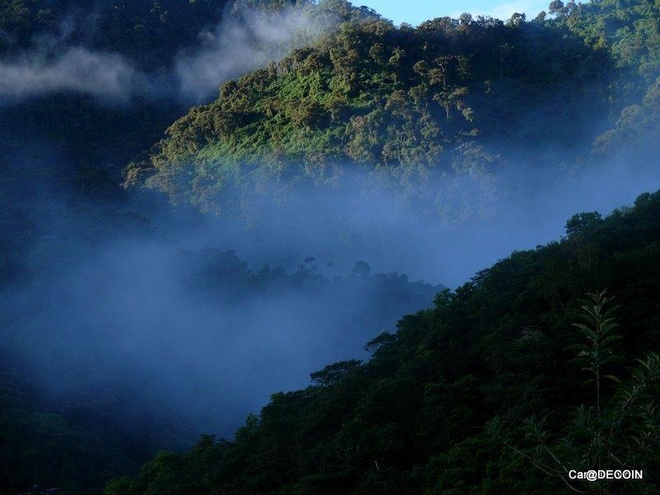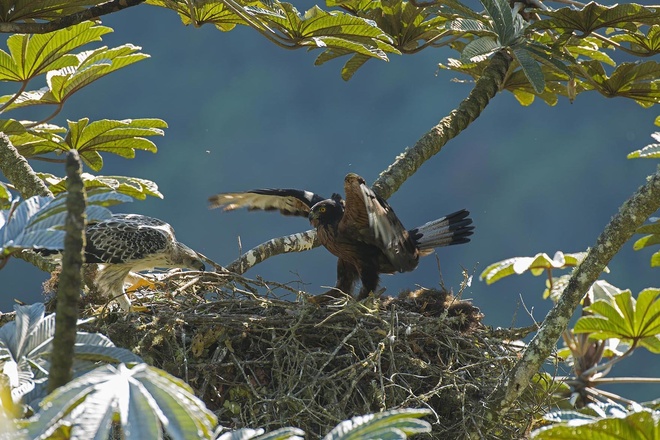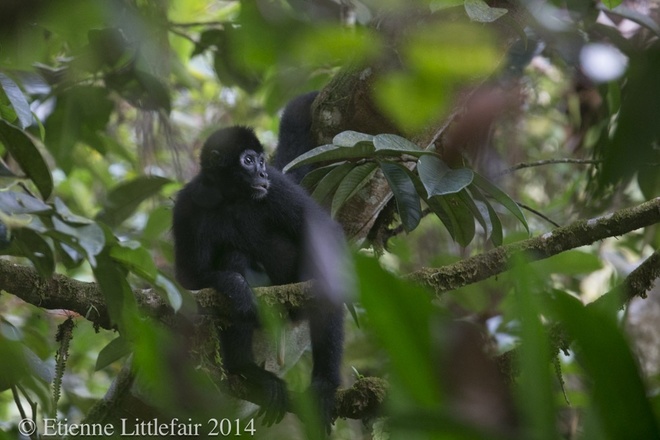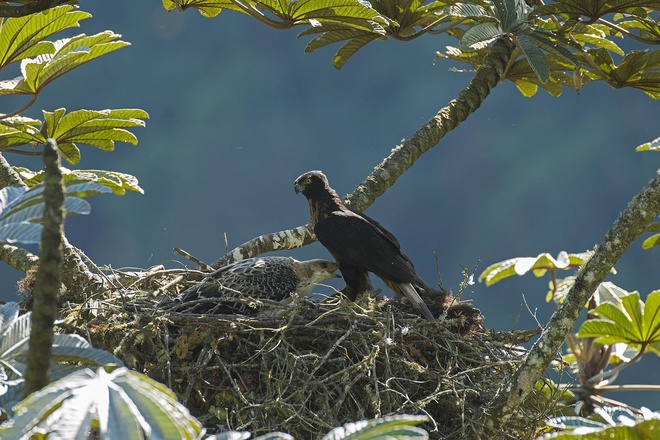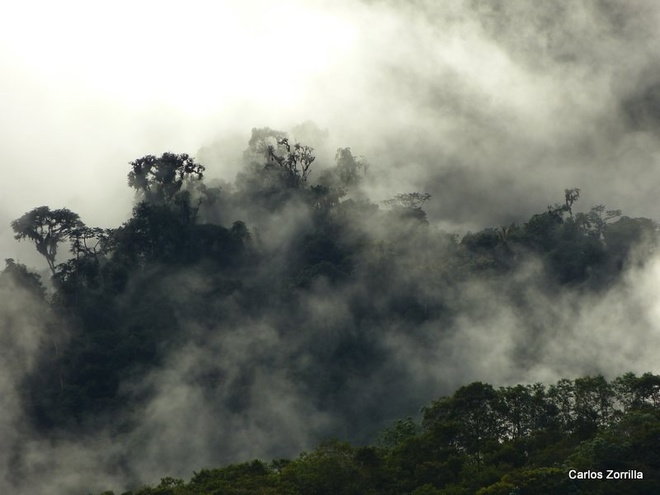The Intag Valley
Partnerships are fundamental to our way of working and Rainforest Concern has been working with grass-roots organisation DECOIN in Intag since 2000. This strong collaboration has always focussed on defending the Intag forests and supporting the interests of the communities in the face of many challenges and conflict.
Intag is a remote, mountainous region in the northwest of Ecuador. Over 70 communities live there, dependant on small-scale agriculture producing a wide range of products - from coffee, milk and tropical fruits, to corn and sugarcane.
Intag is also home to the Neblina Reserve, established and protected by Rainforest Concern and our incredible team of local forest wardens.
